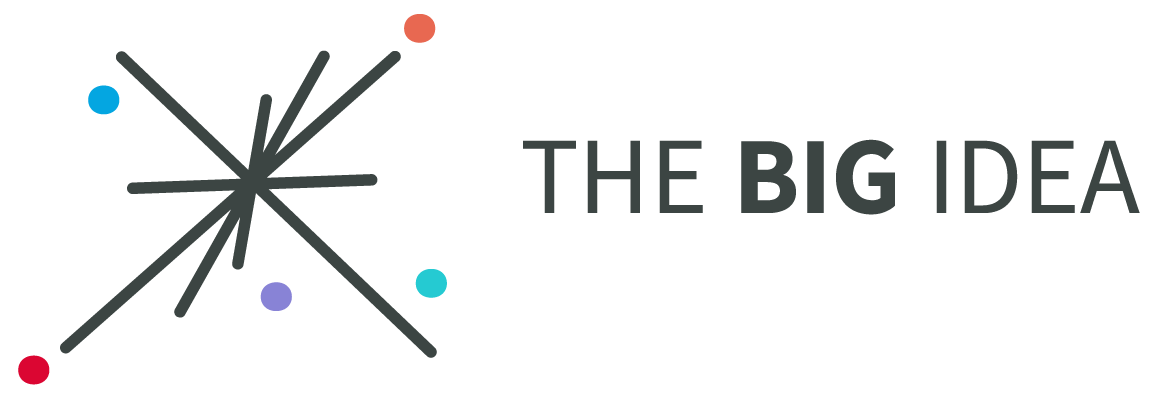Frequently Asked Questions
Lorem ipsum dolor sit amet, consectetur adipiscing elit. Praesent sit amet dolor orci. Nam placerat nisl ac sagittis maximus. Nam vitae aliquam arcu, gravida laoreet sem. Aenean et felis at elit gravida fringilla vitae sit amet nisl. Donec sagittis tempus ante varius congue. Integer ullamcorper volutpat turpis non laoreet. Duis aliquam, nulla vel molestie facilisis,
What is Learner-Centered Education?
Why does a community-based approach have a better chance of delivering on the promise of learner-centered education?
A community-based approach leverages the multitude of assets already present in a community. In our current system incredible community assets go unrecognized and unable to make it through the doors of our schools. They are seen as extras or enrichments for those who can access them. And what is offered does not “count” as credentialed learning.
Another benefit to consider, because out of school/after school organizations and efforts have to provide lively engaging programming in order to attract an audience they are better situated than conventional schools to deliver learner-centered, meaningful experiences for young people. If they do not, no one shows up. Pair this with the incredible breadth of online efforts and experiences and you can see how we might begin to create and deliver to each and every child personalized, relevant, and contextualized learning experiences.
What is a Home Base?
A Home Base provides safe spaces for young people to build stable, years-long relationships with a cohort of peers and one or two adults called learning advisors. Here, they connect with their advisor(s) with whom they partner to set learning goals, create learning pathways, find support, and manage their health and well-being. Depending on a learner’s age, capacity for independence, and their learning pursuits they may spend more or less time at their Home Base. Home bases could be located just about anywhere in the community, and different ones might cater to specific learner interests, needs, and/or circumstances. A home base might also be co-located with Learning Hubs.
What is a Learning Hub?
A Learning Hub serves as a space of deep learning and inquiry, where learning facilitators and learning specialists support young people to develop and demonstrate competencies, pursue topics and issues of interest, get learning support where they are struggling, and engage in virtual opportunities—all in support of fulfilling the child’s learning goals and plans they’ve set with their learning advisors. Libraries, office buildings, YMCAs, museums, converted school buildings, colleges, community gardens, theaters, churches, and more could all serve as learning hubs—and a child might spend time in various learning hubs throughout the day or week depending on what interest, competency, or pathways they are pursuing at any given time.
What is a Field Site?
A Field Site is a space where learners meet and work with community mentors through such opportunities as internships (virtual and onsite), jobs, field projects, and service-learning. The list of possible field sites is nearly endless—banks, pharmacies, retirement homes, nonprofits, graphic design studios, sewage treatment facilities, pet stores, food pantries, to name a few.
Is this exclusively about a child’s interests? What about foundational skills?
Would ecosystems be inclusive of learners with special needs?
Are higher ed institutions involved in these ecosystems?
How is learning and credentialing captured?
From a practical point of view, technology dedicated to capturing, credentialing, and tracking a learner’s progress would be a necessary tool for a new education system.
